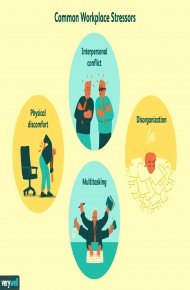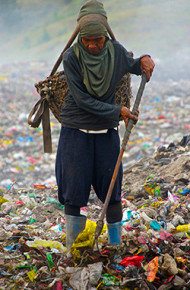
Sub-title:Among Employees At Historically Black Colleges And Universities
Research Topic: Household Types, Work Options, And Stress
Overview:
Probable Date of Completion: 2025-07-09
Sponsored By: IJAHSS

Sub-title:Professorial Tourism
Research Topic: Professorial Tourism: Reflections on Examples
Overview: “Professorial Tourism: Reflections on
Examples” examines conferences that combine scholarly presentations with
tourist activities that are organized by the conference itself. These are
distinct from conferences where tourist activities are simply an aspect of the
city or country where the conference is held. Particular attention is
paid to the annual Faulkner and Yoknapatawpha Conference (F&Y) and to the
triennial meetings of the International Association of University Professors of
English (IAUPE), with comments as well on the Willa Cather Conference (WCC) and
the Dickens Project (DP). Written by- Karl F. Zender
Full
Article: https://ijahss.net/assets/files/1657718236.pdf
Probable Date of Completion: 2022-08-12
Sponsored By: International Journal of Arts, Humanities & Social Science

Sub-title:Software Companies’ Merger and Acquisitions
Research Topic: An Empirical Study of Software Companies’ Merger and Acquisitions in the Software-as-a-Service Market
Overview: This study examines the herding behavior of
software companies when they merge and acquire (M&A) SaaS firms to compete
in the market. Through an empirical analysis of 71 companies in SIC 737
industries from 2003- 2017, we find that firms try to imitate their peer
competitors’ M&A activities and their imitation decisions are contingent on
the resources and capabilities. Written
by- Yihong He, Yuanyuan Chen
Full
Article: https://ijbms.net/assets/files/1660411010.pdf
Probable Date of Completion: 2022-08-12
Sponsored By: International Journal of Business & Management Studies

Sub-title:Empowering Waste Pickers in Brazil
Research Topic: Empowering Waste Pickers in Brazil: A Case Study of Reverse Logistics
Overview: This
case study explores the application of Reverse Logistics - RL in the waste
pickers cooperatives in Brazil. This study also proposes a novel RL model to
integrate society and recycling companies in the effort to clean up the
environment and reuse the recycled products as a source of reduction in its
production costs. If the government adopts changes to the relationship between
the waste pickers cooperatives and manufacturing companies, that will allow
municipalities to focus on issues pertinent to the local administration rather
than being the "middle man" in the RL chain. Written by- Jose-Luis Castro Iglesias
Full
Article: https://ijbms.net/assets/files/1660411058.pdf
Probable Date of Completion: 2022-08-12
Sponsored By: International Journal of Business & Management Studies




